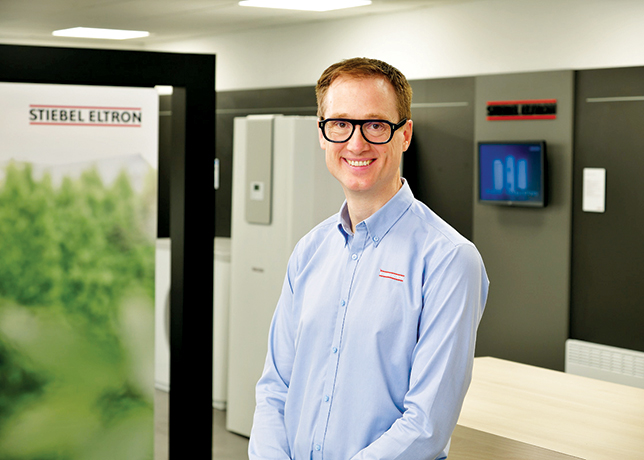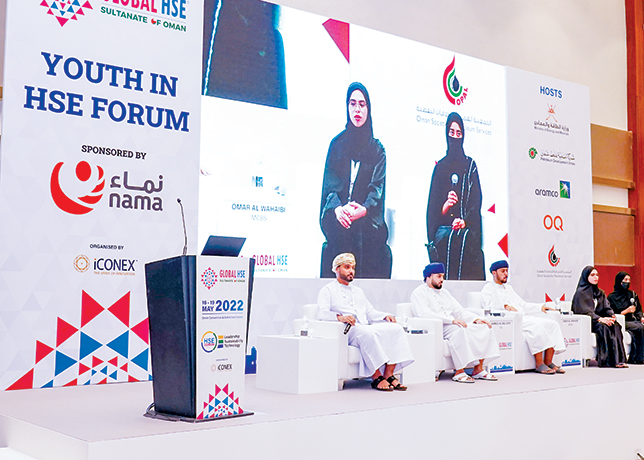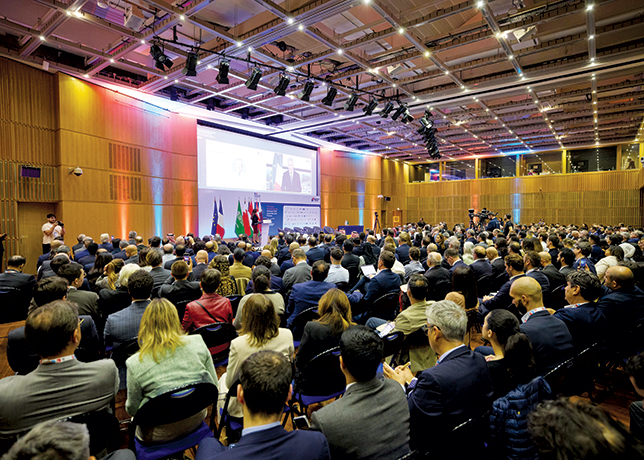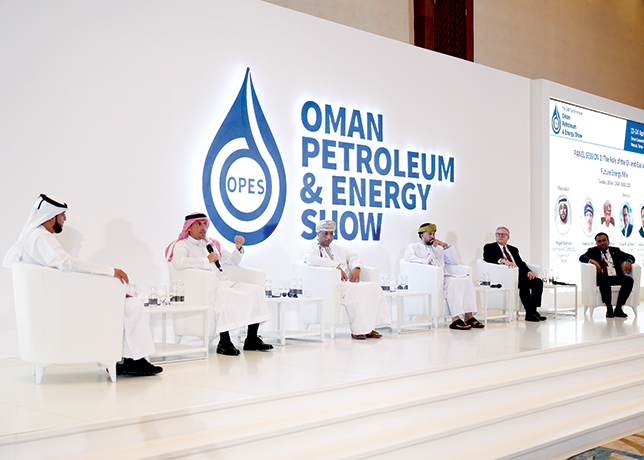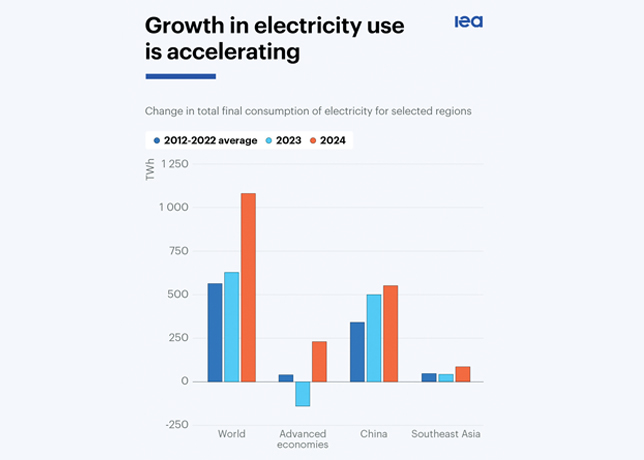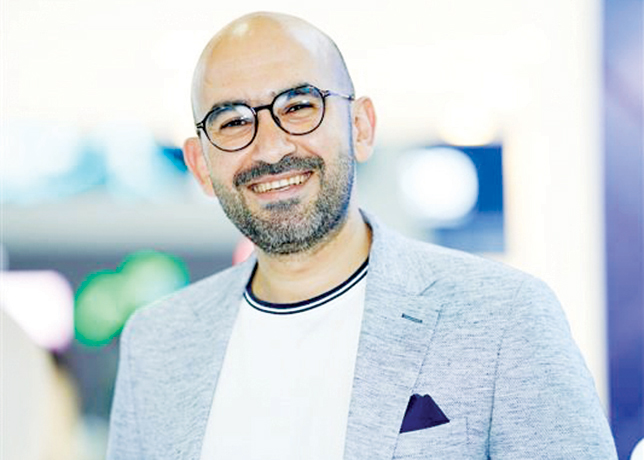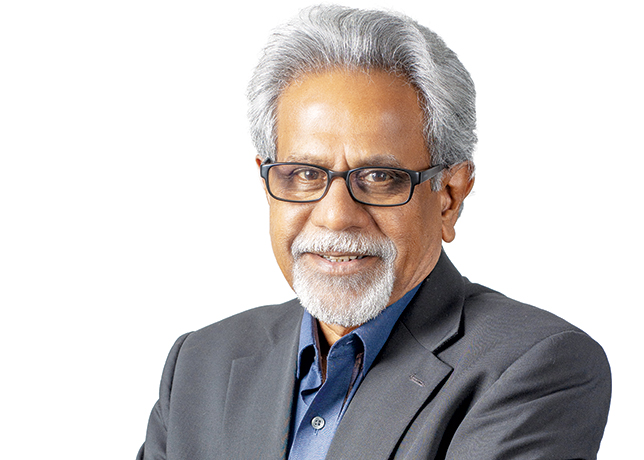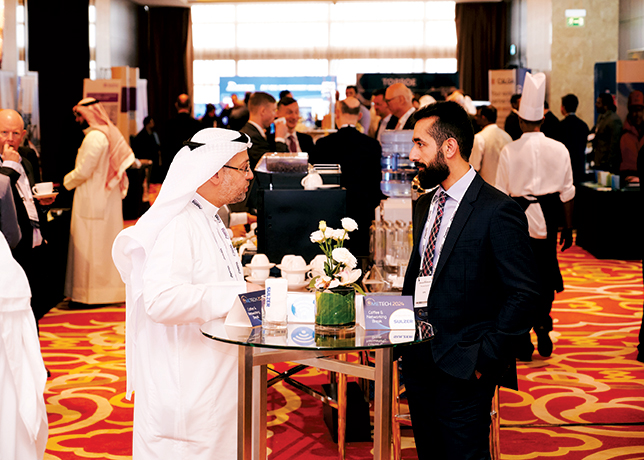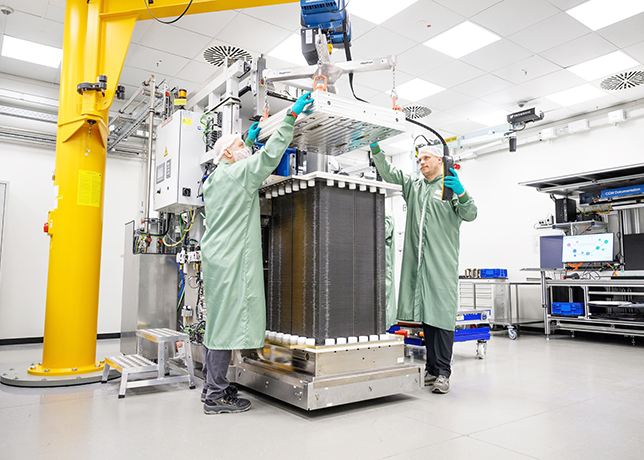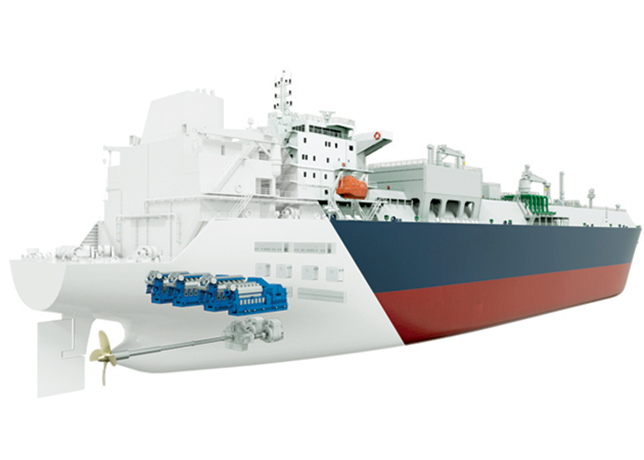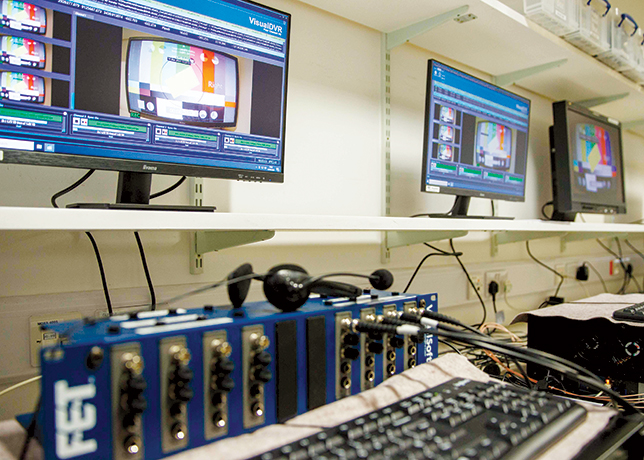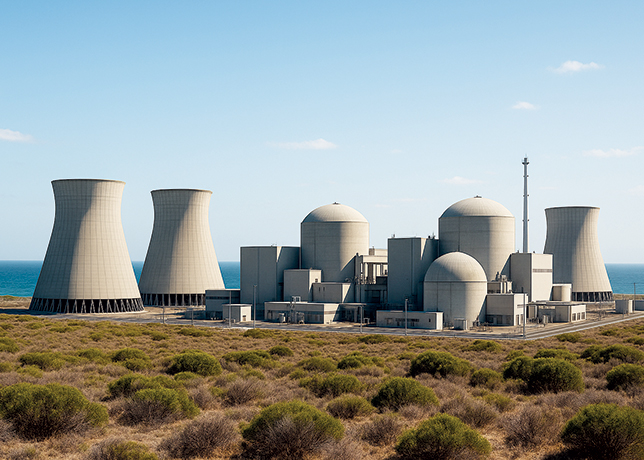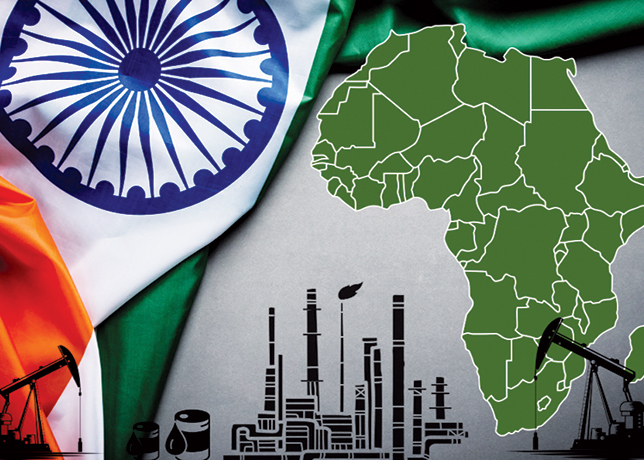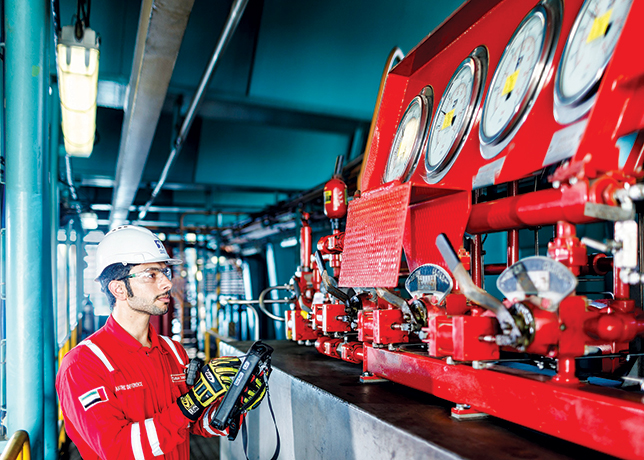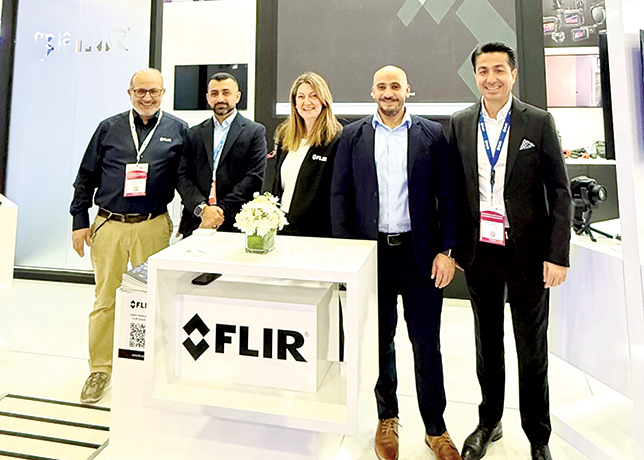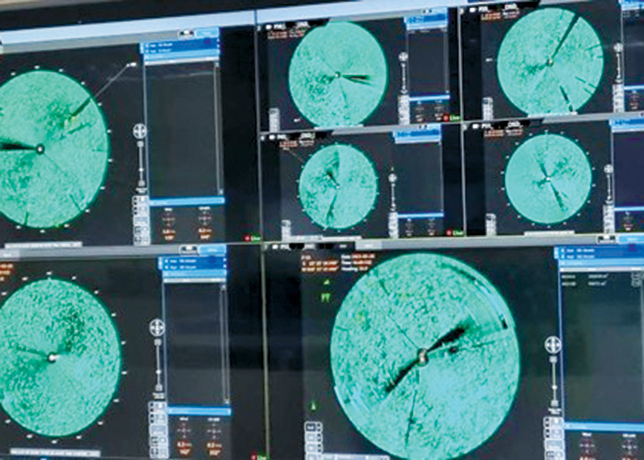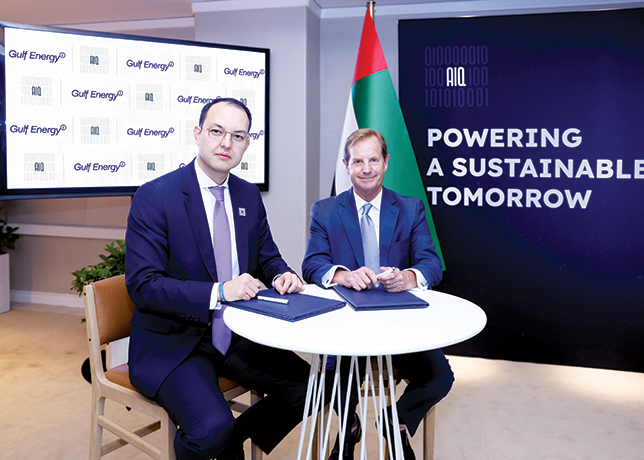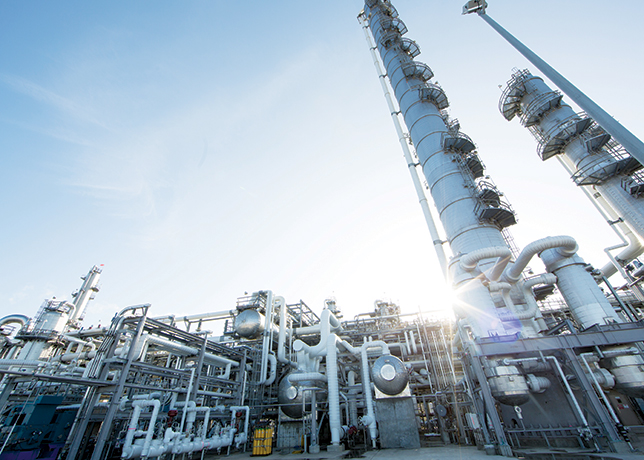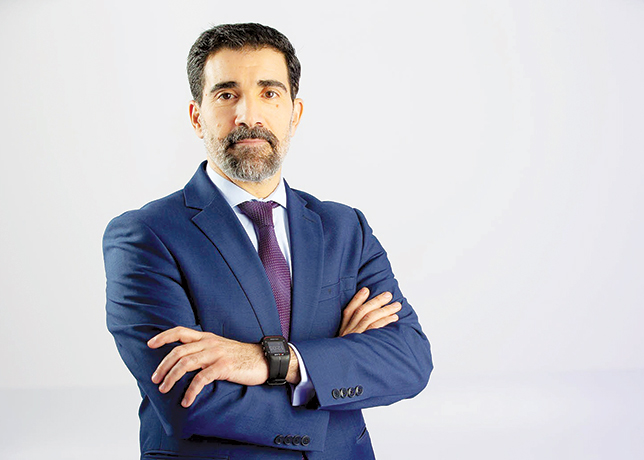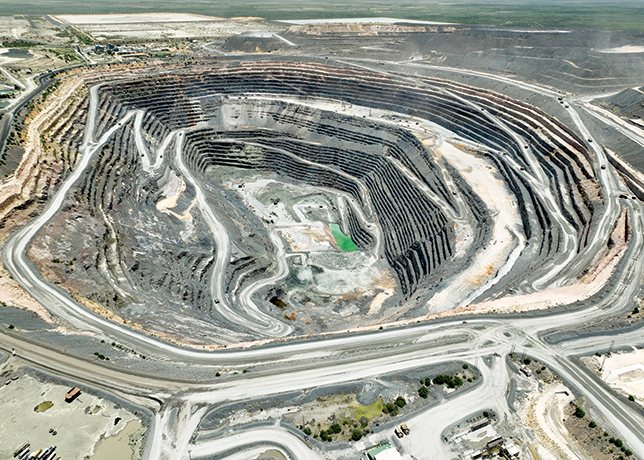
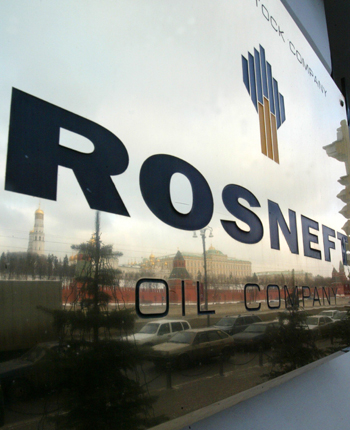 The agreement includes $13 billion Tuban refinery, petchem plant
The agreement includes $13 billion Tuban refinery, petchem plant
Russian energy giant Rosneft and Indonesian state energy company Pertamina signed a framework agreement to cooperate in the oil and gas sector, including plans to develop a refinery together.
The agreement lays the foundations for Russia’s first foray into a region dominated by Opec producers from the Gulf.
Under the broad agreement, Rosneft will partner with Pertamina in the development of a refinery and petrochemical plant worth up to $13 billion in Tuban in Indonesia’s East Java province, and supply crude and technology to Southeast Asia’s largest economy.
Rosneft won a bid to develop the Tuban refinery after it "demonstrated its superiority for partnering with Pertamina," Pertamina CEO Dwi Soetjipto said at the signing ceremony, noting that the project would be Indonesia’s first new refinery since 1997.
"In the upstream this will improve our energy security. We will also continue to cooperate in sharing technology and human resources," Soetjipto said.
Rosneft, which is expected to form a joint venture with Pertamina later this year, will supply 45 percent of the crude needs for the Tuban projects, with the remainder to be allocated by Pertamina.
The refinery will have a crude processing capacity of 300,000 barrels per day (bpd).
Just under half of the output from the facility will be gasoline with 30-35 per cent allocated to diesel production and 15-20 per cent for petrochemicals.
The new projects will be integrated with the existing TPPI petrochemical facility in Tuban operated by Pertamina, and are targetted for completion by 2021.
Also under the agreement, Pertamina will seek 35,000 barrels per day of crude from Rosneft’s oilfields in Russia, and targets a stake of up to 15 percent in two fields over the next 8 months, Soetjipto said.
Indonesia’s fuel output has been hit by a lack of investment in its refining sector, and it currently imports around half of the 1.6 million barrels of fuel it consumes daily.
Over the next 10 years, Indonesia targets an increase in fuel output to around 2.3 million bpd from around 850,000 bpd at present.



